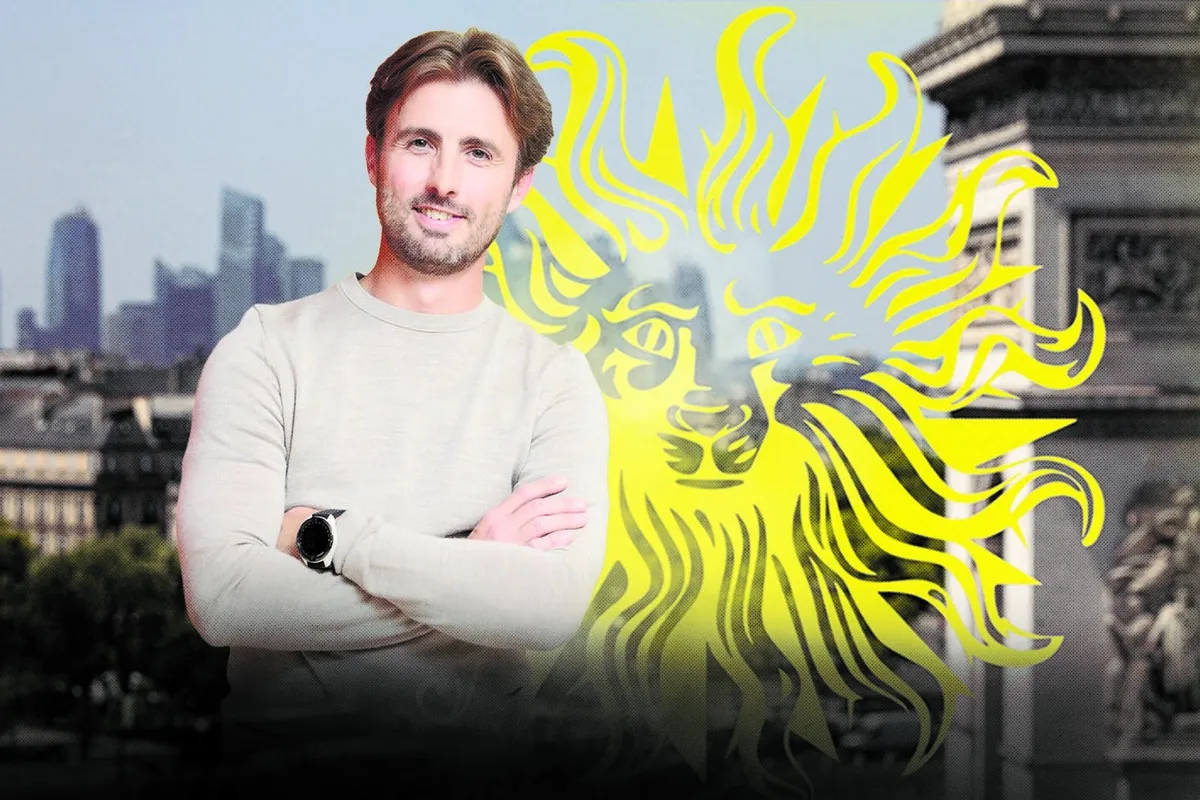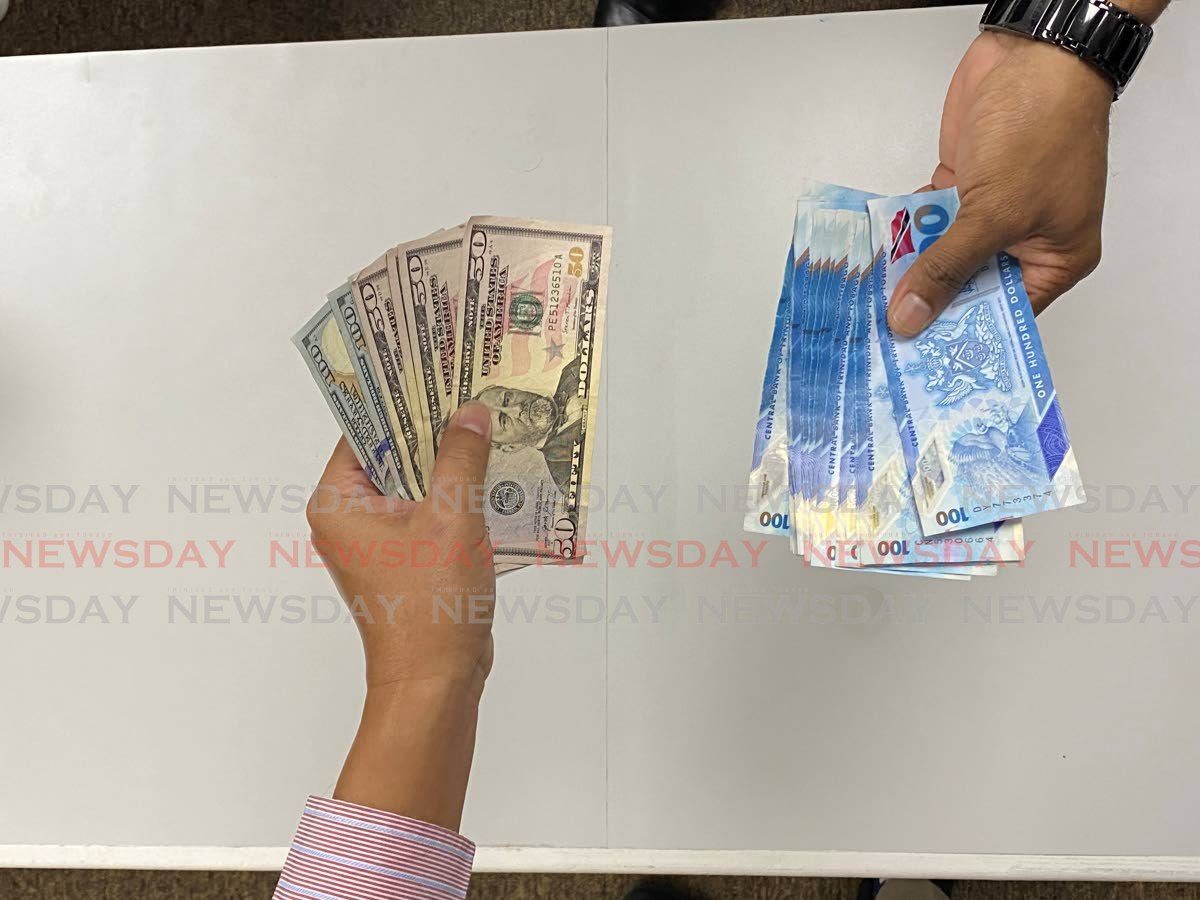By Ali Lyon
Copyright cityam

The world’s largest advertising agency is hiring more graduate roles than ever in the face of artificial intelligence’s rise, gearing junior training to be more focused on client management, its UK media boss has said, bucking a global slowdown in junior white-collar employment.
Niel Bornman, UK chief executive of Publicis Media, said the proliferation of AI in the workplace had presented many consultancies with “competing forces”, with the people-first nature of his industry at loggerheads with the ascendance of industry-changing technology.
But despite industry ructions shifting the hiring patterns of many in his sector, the Paris-listed media giant is taking on just as many junior staff as before artificial intelligence’s roll-out.
“We’re 100 per cent employing the same number of junior people as before,” Bornman told City AM. “We’re a people-based business. We have to train the next generation of media planners. We’ve got to educate them.
“Over the last 18 months we’ve invested a lot in apprentice programmes,” he added.
According to company data, Publicis has hired more than 1,500 graduates and apprentices in the UK, while globally the company has vowed to pile over €300m (£259m) into artificial intelligence.
Junior hiring slowdown a global phenomenon
Publicis’s decision to double down on junior hiring plans comes despite many of its rivals adjusting to the new professional landscape by reorganising their corporate structure, and hiring far fewer graduates, a trend seen across professional services, too.
Vacancies across the professional services industries have plummeted in the UK, sparking fears of a graduate hiring bust for Gen Z jobseekers. City law firms, management consultants and members of the Big Four have all slashed the number of juniors they are taking on, in the hope they can use AI to carry out administrative tasks that were once a drain on junior resources.
The trend is being reflected several of Publicis’s main advertising rivals, including WPP and the soon-to-be-merged IPG and Omnicom, all of which have been touting their enthusiastic embrace of artificial intelligence.
But instead of onboarding fewer juniors, whose roles have traditionally been dominated by clerical tasks like meeting minutes and reporting, Bornman revealed his division was changing training programmes, tailoring them towards client relations and the effective use of AI tools.
“The skills we need to teach them are no longer, ‘push these 17 buttons,’” he said. “The skill… is how to engage with clients, with people, and our training programmes have shifted quite a lot of the last few years.”
Publicis defies advertising giants’ sector-wide decline
Publicis has defied a sector-wide downturn that’s afflicted many of its major ‘holding company’ rivals since emerging from the pandemic with chief executive, Artur Sadoun at the helm. Analysts have attributed much of its success to its early embrace of data and artificial intelligence through a string of high-profile acquisitions.
Chief among those was the $4.4bn mega-acquisition of Epsilon, a data giant that Bornman claimed gave Publicis access to “identity-based data” unrivalled in his industry.
“The reality is, people like Google and Meta have better data than us, but no one else does,” he said.
In the last five years, its share price has nearly tripled during a period that has seen several of its competitors struggle to adapt to the growing market share big tech owns in advertising and other technology advancements.
Last year, it leapfrogged London-listed media giant WPP, whose share price is down 37 per cent over the same five-year window, to become the world’s largest advertising group. Omnicom’s stock price is up just 44 per cent.
Bornman held up its data and technological prowess as the areas that distinguished it from its competitors, who he said are “five to 10 years behind” Publicis.
“We’re not focused on our transformation [anymore],” he added. “What’s happening a little bit right now is our competitors are looking for guinea pig clients for their own transformations, to test things out.”



